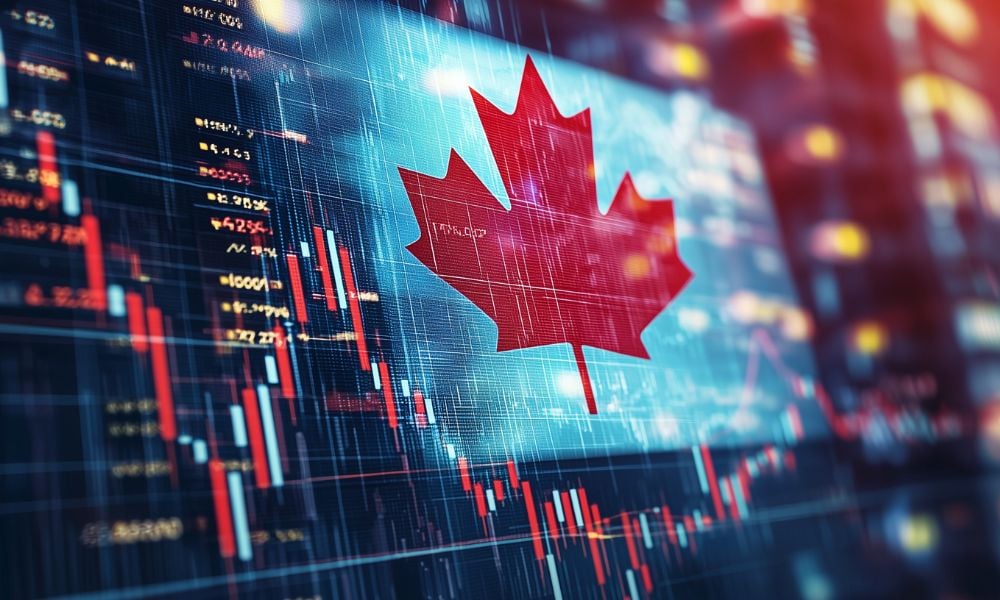Bank of Canada Governor admits 'underlying price pressures may be firmer than we thought'

As the Canadian economy navigates a turbulent global trade environment, Bank of Canada Governor Tiff Macklem is urging caution.
In a speech delivered in Newfoundland and Labrador, Macklem outlined intensifying concerns about inflation and the unpredictable effects of ongoing tariffs between the U.S. and Canada—issues that are increasingly relevant for wealth advisors guiding their clients through uncertain economic times.
Macklem’s remarks, reported by Bloomberg and The Globe and Mail, arrive just as a potential breakthrough emerges on the trade front. U.S. President Donald Trump and Canadian Prime Minister Mark Carney have committed to negotiating a new trade agreement within 30 days, a move that could ease the tensions sparked by tit-for-tat tariffs on key goods like steel, aluminum, and automobiles.
Macklem, addressing an audience of business leaders, described the development as “very welcome news,” emphasizing, “Restoring open trade between our countries is critical to jobs and growth in Canada. It is also important for prices and inflation.”
Yet, the governor’s optimism is tempered by the hard reality that tariffs remain in place for now—a factor with substantial implications for inflation. “If tariffs are not removed, we expect they will be passed through to higher consumer prices,” Macklem said. He further warned, “But until we have a deal, inflation will be affected by both U.S. tariffs and Canadian counter-tariffs.”
Recent data underscore Macklem’s concerns. While the overall inflation rate dipped to 1.7% in April—helped by the removal of certain tax measures—core inflation metrics tell a different story. The Bank of Canada’s preferred gauges, median and trim, rose at a 3.2% annualized rate, the fastest in over a year. “Underlying price pressures may be firmer than we thought,” Macklem observed, highlighting why the central bank chose to maintain its policy rate at 2.75% earlier this month.
He also noted, “If the current tariffs and counter-tariffs remain in place, past experience suggests pass through of about 75% of the costs of tariffs over roughly a year and a half.”
This pass-through could mean a sustained period of elevated prices, especially on goods influenced by international supply chains.
For Canadian businesses and their advisors, these developments present a complex calculus. The trade dispute has already eroded exports and weighed on hiring and investment. “We are watching closely for signs that weakness in the job market is broadening,” Macklem cautioned, even as he acknowledged that employment outside trade-exposed sectors has so far shown resilience.
Still, the uncertainty is palpable. “We can’t let a tariff problem become an inflation problem,” Macklem insisted, reiterating the bank’s commitment to “proceeding carefully with monetary policy.” He also pointed to the benefits of diversifying export markets, citing Newfoundland and Labrador’s growing oil trade with Europe as a positive example. “Diversification of trade adds ‘resilience,’” he remarked, “and growing new markets for Canadian businesses limits vulnerabilities to trade barriers.”
The path forward may hinge on the outcome of the current negotiations. Macklem’s message for now: vigilance is required, as is adaptability. For wealth advisors, the challenge will be to interpret these signals and position portfolios to weather both the risks of rising inflation and the opportunities that could emerge if trade relations stabilize.



